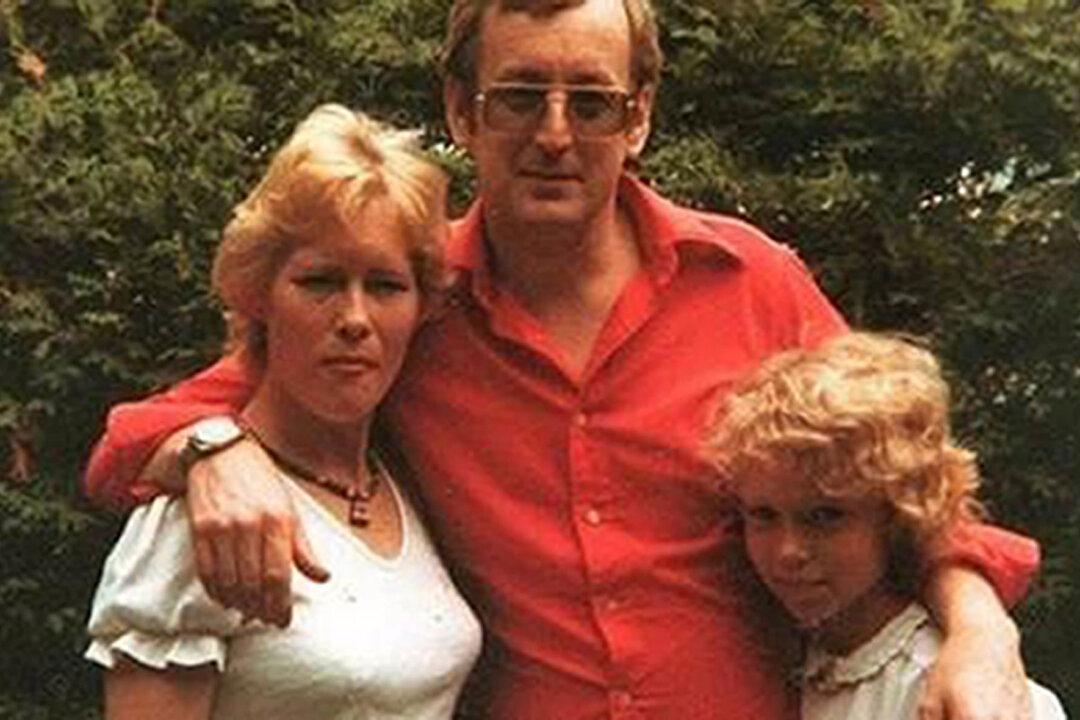The daughter of a convicted killer says she is “disappointed” the Parole Board has cleared her father—who murdered her mother—for release from prison after Britain’s first public parole hearing last year.
Russell Causley, 79, was jailed for life in 1996 for the murder of Carole Packman, who disappeared from the family home in Bournemouth, Dorset, in 1985.





